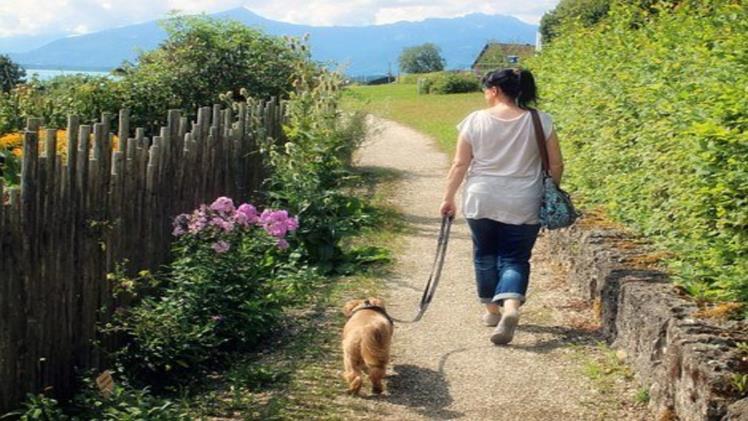Owning a small Petsho can be a fun and rewarding experience. They are often less expensive than larger pets, require less space, and can be easier to care for. However, there are also unique challenges that come with owning a small pet that potential owners should be aware of before bringing one home.
Here are some of the main challenges of owning a small pet:
- Fragility: Small pets, such as hamsters, mice, and birds, are often topportal fragile and can be easily injured or killed. They can be accidentally stepped on, dropped, or mishandled by children or inexperienced owners. It’s important to handle small pets gently and carefully to avoid injury or stress.
- Short Lifespan: Many small pets have a relatively short lifespan, which can be difficult for owners to come to terms with. For example, the average lifespan of a hamster is only two to three years, while mice typically live for one to two years. This can be especially difficult for children who may become attached to their pets.
- Limited Interaction: Some small pets, such as hamsters and gerbils, are nocturnal, which means they are active primarily at night. This can make it difficult for owners to interact with them during the day. Additionally, some small pets are solitary animals and do not enjoy interacting with humans or other animals.
- Housing Requirements: Small pets require appropriate housing that is safe, secure, and comfortable. This can be a challenge for owners who may not have adequate space or who may not be able to afford the necessary housing and equipment.
- Health Issues: Small pets can be susceptible to a variety of health issues, including dental problems, respiratory infections, and obesity. Owners must mywikinews be vigilant in monitoring their pet’s health and seeking veterinary care when necessary.
- Limited Vet Options: Finding a veterinarian who is knowledgeable about small pets can be a challenge. Many veterinarians specialize in dogs and cats and may not have the experience or equipment necessary to treat small pets.
- Diet and Nutrition: Small pets require a specific diet and nutrition to maintain their health. Owners must be knowledgeable about their pet’s dietary needs and provide appropriate food and supplements.
- Environmental Factors: Small pets are often more sensitive timesofnewspaper to changes in their environment, such as temperature fluctuations and noise levels. Owners must be mindful of their pet’s environment and take steps to ensure they are comfortable and safe.
Despite these challenges, owning a small pet can still be a rewarding experience. Here are some tips for overcoming these challenges and ensuring a positive experience for both the owner and the pet:
- Research: Before bringing a small pet home, do your research. Learn about their dietary needs, housing requirements, and health concerns. This will help you provide the best care possible for your pet.
- Gentle Handling: Small pets require gentle newspaperworlds handling to avoid injury or stress. Children should be supervised when handling small pets and taught to handle them gently.
- Proper Housing: Small pets require appropriate housing that is safe, secure, and comfortable. Make sure you have the necessary equipment and space to provide for your pet’s needs.
- Regular Vet Visits: Small pets require regular veterinary care to maintain their health. Find a veterinarian who is knowledgeable about small pets and schedule regular check-ups to ensure your pet is healthy.
- Interaction: Some small pets may require more Newsmartzone interaction than others. Spend time with your pet and provide toys and activities to keep them engaged and stimulated.
- Environment: Be mindful of your pet’s environment and take steps to ensure they are comfortable and safe. This may include keeping their cage clean, providing appropriate bedding, and monitoring the temperature and noise levels in their environment.
- Diet and Nutrition: Provide your pet with a healthy diet and appropriate supplements to maintain their health.

